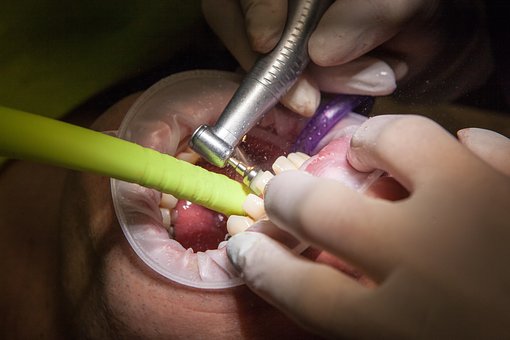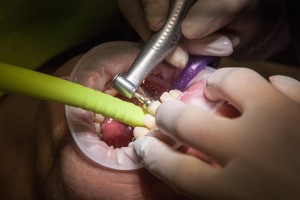The demand for dental veneers and other cosmetic treatments, such as teeth whitening, has doubled in recent years according to the Australian Dental Association. One of the biggest factors influencing how we feel about our smiles is the simultaneous increase of social media use and the continuing rise of the ‘Selfie’ – a phenomenon that has swept the world’s younger generations.
Social media influencers all over the globe are reaching for their selfie sticks up to several times a day. According to Google, its Android users take more than 93 million selfies a day and one poll suggests that the 18-24-year-old age bracket take every third photo of themselves.
This strongly suggests that the increase in popularity of dental veneers and teeth whitening treatments can be in part attributed to the selfie. With celebrities and influencers sporting perfect smiles, many of us are looking for a clear path to the same thing. However, the quest for the perfect smile isn’t an easy one and the cost can be significant.
If you’ve been thinking about dental veneers or other cosmetic teeth whitening treatments, here’s a few tips to follow to give yourself the best chance of success.
What to expect when tackling your selfie smile
 When you decide you’re going to change your smile, there are a number of avenues you can take. Your usual dentist will be able to talk to you about the best approach to take for your smile goals.
When you decide you’re going to change your smile, there are a number of avenues you can take. Your usual dentist will be able to talk to you about the best approach to take for your smile goals.
Here’s what to expect when you start your journey:
- A full consultation – this initial consultation is often held at no charge by a professional, experienced dentist or cosmetic practitioner. No treatment is usually carried out at these consultations but a full discussion about the options should be included.
- A quotation for a treatment plan.
- Before and after images – many good dentists will have a stock of before and after images, sample veneers and colour matching kits.
A professional dentist or cosmetic dental practitioner will take the time to fully explain your treatment and tell you what to expect, how many visits you will need and detail the cost. Some cosmetic dental treatments like veneers could involve several visits and detailed dental work to facilitate a good result.
For professional smile treatment and to maximise your chances of a good result, try to avoid the use of cheap online smile kits. In this instance, it is common for people to get what they paid for and although some teeth whitening kits do work, they can sometimes include harsher chemicals that can damage the teeth or gums over time and repeated use.
How to get the perfect smile
Start with a trip to your dentist
To reach your smile goals, a visit to your dentist is a great start. Visit your regular dentist initially and ask for some professional advice and book a cosmetic dental consultation. If your usual dentist doesn’t work with dental veneers or other treatments, ask them to recommend a colleague they trust.
Professional advice and tailored program
Once you are happy with your choice of dentist, and the type of treatment you are opting for, get a tailored, comprehensive plan of treatment including costs.
Teeth whitening treatments may involve an initial session and up to five altogether, depending on the result you are hoping for.
There is much more involved with dental veneers. You will receive a treatment plan and a breakdown of cost, which can often be spread out at a professional dental practice by way of a finance package or payment plan. Let’s look at dental veneers a little more closely.
Are dental veneers for you?
Dental veneers can last up to 20-years when they are chosen right and fitted professionally. Your dentist will talk you through your options and help you to decide whether dental veneers are right for you and which type will suit you the best.
Having veneers fitted involves some preparation initially, including treating the teeth to ensure they are the right fit, having x-rays, impressions taken and having your dental veneers custom-made to fit you perfectly.
Dental veneers are a long-term commitment, and your dentist will help you to choose the best cosmetic treatment for you to give you the smile you’ve been looking for.
How Dental Excel can help you with dental veneers
Dental Excel offer dental veneers and teeth whitening as a part of our dental treatments at each of our five Sunshine Coast and Brisbane dental locations. We work with the Zoom! Teeth whitening system to give fast results.
Our experience in dental veneers means we can offer high levels of patient care to help you reach your smile goals. Using the latest dental technology, we can show you what to expect and talk you through both your options and your treatments to give you peace of mind.
Book your smile consultation at your nearest Dental Excel today.
Beerwah – (07) 5494 0199
Palmwoods – (07) 5445 0166
Caloundra – (07) 5438 2555
Wurtulla – (07) 5493 1244
Bracken Ridge – (07) 3261 4222





